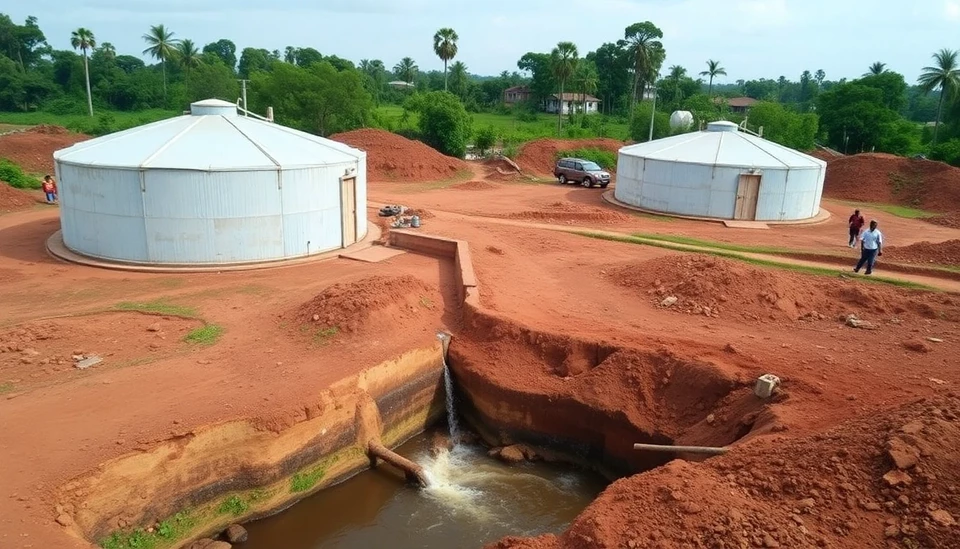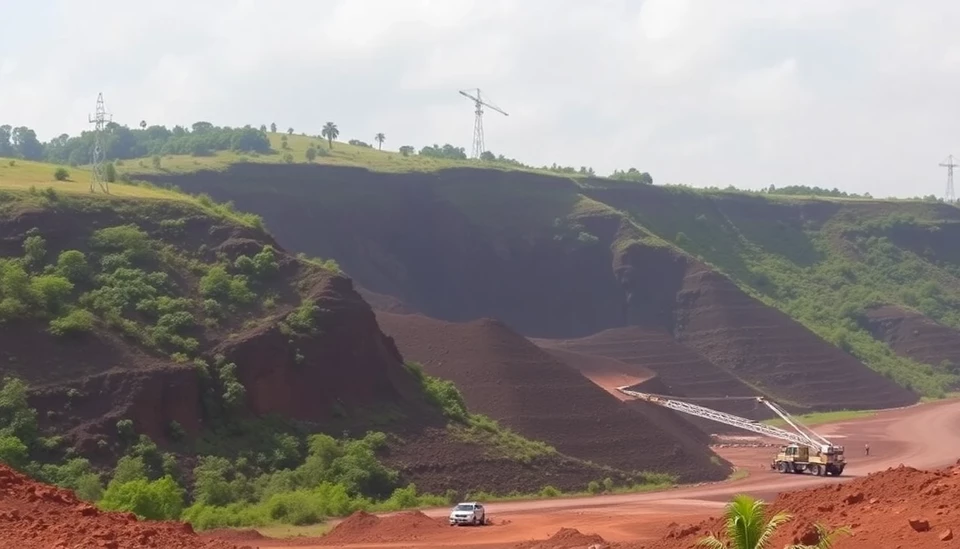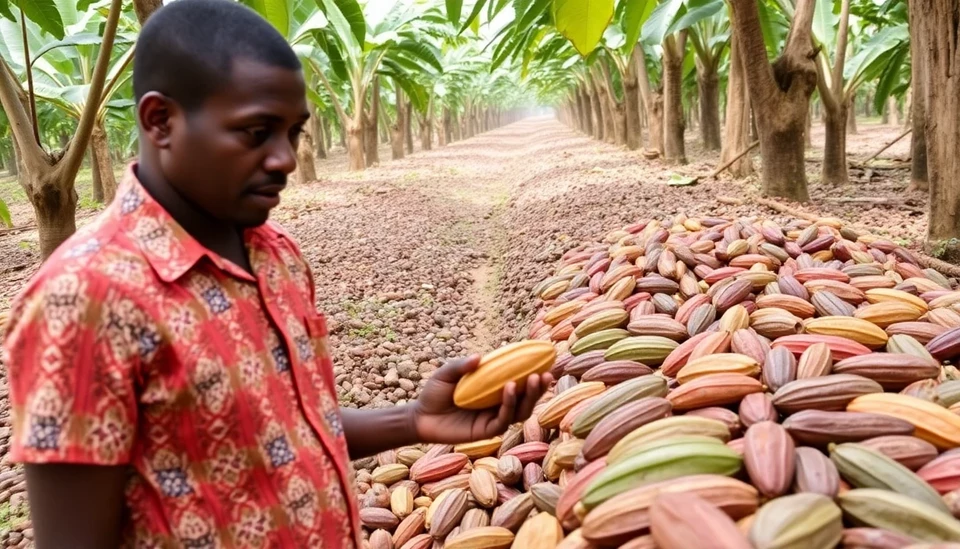
In a significant development, Ghana has temporarily closed a crucial water treatment plant in response to the escalating issues caused by illegal gold mining activities. This decision has raised alarms regarding water quality and availability in an already vulnerable region. The country, known for its rich gold reserves, is facing a troubling paradox where resource extraction is jeopardizing essential public utilities.
The Annor Adjaye water treatment plant, serving over 800,000 residents in the capital city of Accra, has halted operations due to contamination from illegal mining activities. These operations, often unregulated and environmentally destructive, have resulted in the pollution of water sources. The closure is emblematic of a growing crisis where mining activities endanger the health and wellbeing of communities while undermining the very resources necessary for their survival.
Local authorities stated that the temporary shutdown is a response to the highly toxic substances being introduced into the water supply, primarily from mining sites. These substances, including heavy metals and chemicals utilized in the gold extraction process, complicate water treatment efforts and pose significant health risks. The situation has become dire enough that officials are urging consumers to refrain from using tap water until the contamination issues are resolved.
The government, while struggling to address the illegal mining crisis, has reiterated its commitment to enforcing laws that regulate mining activities. However, the challenge remains daunting—illegal mining is widespread, and enforcement has been inconsistent. This situation has not only failed to improve but appears to be worsening as demand for gold continues to soar in the global market, attracting scores of miners seeking quick profits at the expense of local environmental and community safety.
In a broader context, this incident is reflective of the difficulties faced by several resource-rich countries, where exploitation of natural resources often leads to adverse social and environmental consequences. Stakeholders and experts continually emphasize the need for sustainable mining practices and stronger regulatory frameworks to ensure that communities benefit from their resources without suffering harm.
The Environmental Protection Agency (EPA) of Ghana is now under pressure to develop swift strategies to monitor and mitigate the impacts of illegal mining on water sources. As discussions surrounding mining regulations intensify, the focus will also need to shift toward community engagement and the provision of alternative livelihoods for miners who might be affected by stricter regulations.
As the situation unfolds, the residents of Accra and surrounding areas are left hoping for a swift resolution to the water supply crisis. With their access to clean and safe drinking water compromised, the future of over 800,000 residents hangs in the balance—a stark reminder of the pressing need for balance between natural resource exploitation and community welfare.
In conclusion, while Ghana's gold mining sector presents an avenue for economic growth, the need for stringent regulations and sustainable practices has never been clearer. As illegal mining operations threaten public health and safety, the country must confront these challenges head-on to secure a better future for its citizens.
#Ghana #IllegalMining #WaterCrisis #GoldMining #EnvironmentalImpact #PublicHealth #SustainablePractices
Author: Peter Collins




